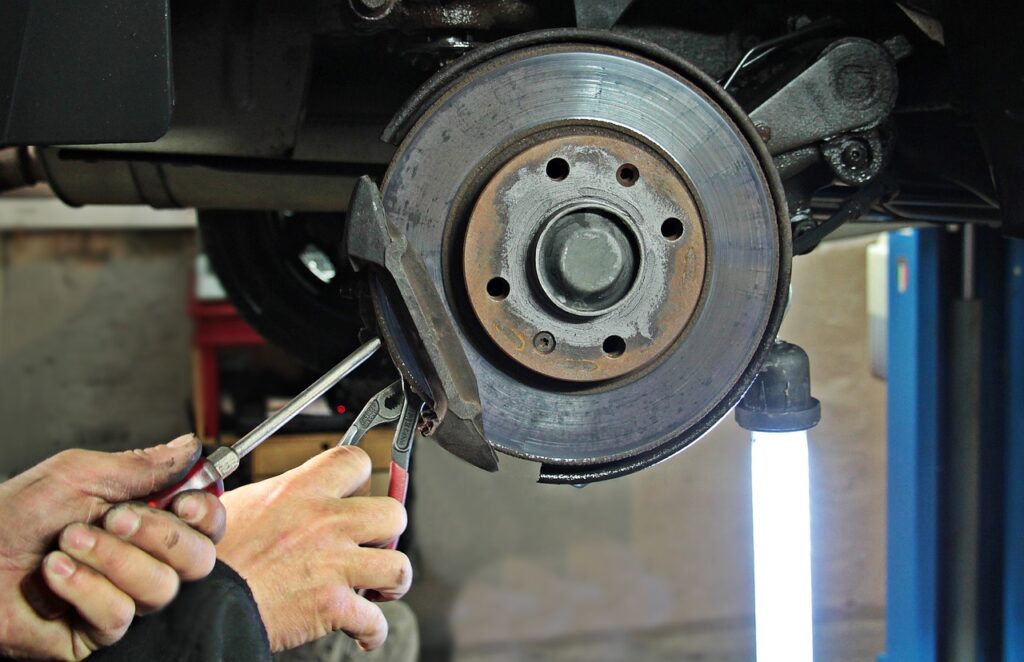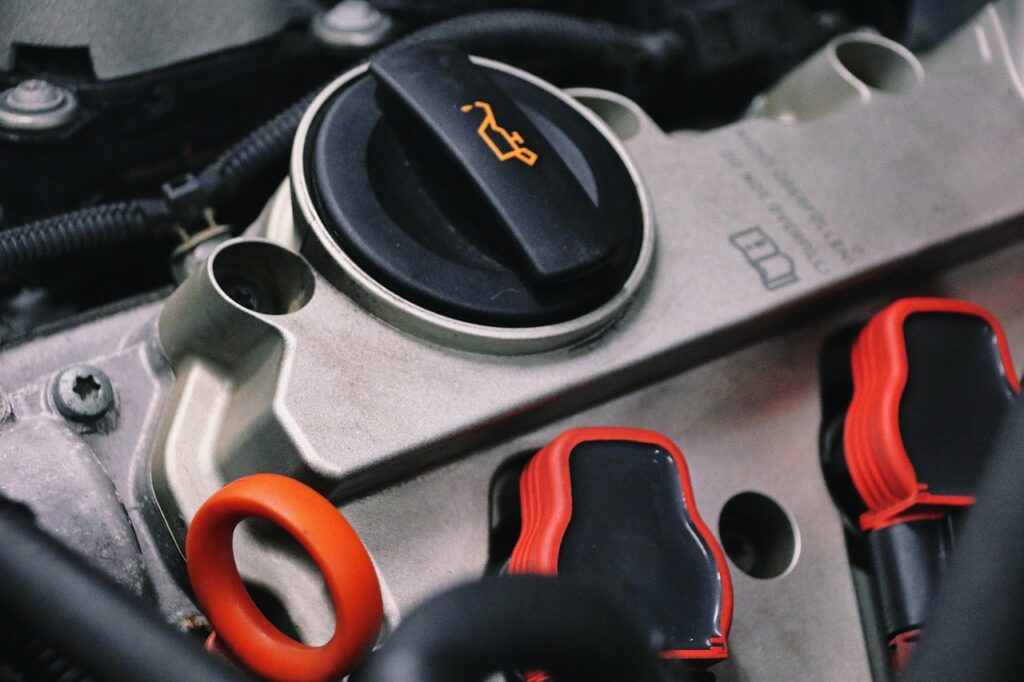One of the most perplexing questions concerning auto care is whether or not to buy an extended warranty. Extended warranties, also known as vehicle service contracts or extended service plans, offer additional coverage beyond the manufacturer’s warranty. But is investing in an extended warranty a prudent decision, or is it simply a way for dealerships to make extra profit? Consider the following pros and cons:

Pros of Extended Warranties
Peace of Mind – An important benefit of extended warranties is the peace of mind they offer. Knowing that you’re covered for unexpected repairs can relieve the stress that comes with vehicle ownership.
Protection from High Repair Costs – Modern vehicles are equipped with advanced technology, and repairs can be costly. An extended warranty can shield you from these expenses, as it typically covers major components like the engine, transmission, and electrical systems.
No Surprise Expenses – With an extended warranty, you’ll have a fixed monthly or upfront cost, making it easier to budget for your vehicle’s maintenance. This can help you avoid unexpected and potentially budget-breaking repair bills.
Transferable – Many extended warranties are transferable to a new owner if you decide to sell your vehicle before the warranty expires. This can enhance your vehicle’s resale value.
Cons of Extended Warranties
Cost – Extended warranties can add a significant amount to the overall cost of your vehicle. Some argue that the money spent on a warranty could be better invested elsewhere.
Limited Coverage – Not all repairs are covered by extended warranties. Be sure to read the fine print and understand what is and isn’t included. Some warranties have a list of exclusions that may surprise you.
Possible Duplication – Some vehicle repairs might already be covered under the manufacturer’s warranty, rendering the extended warranty redundant during the initial years of ownership.
Reliability of the Provider – The reputation and trustworthiness of the warranty provider matter. Be cautious of companies that are known for denying claims or going out of business, leaving you without coverage.
Claim Process – Dealing with warranty claims can be a hassle. Some extended warranties have complex claim processes, making it difficult to get the repairs you need quickly.
The decision to purchase an extended warranty for your vehicle ultimately depends on your individual circumstances, risk tolerance, and budget. If you value peace of mind and want protection from unexpected repair costs, an extended warranty may be a wise choice. However, if you have a reliable vehicle with a strong manufacturer’s warranty or are financially prepared for potential repairs, you might prefer to save the money that would be spent on an extended warranty.
Before making a decision, carefully read the terms and conditions of the extended warranty, research the reputation of the warranty provider, and assess your own financial situation. An informed decision will help you ensure that your vehicle ownership experience is as smooth and worry-free as possible.
